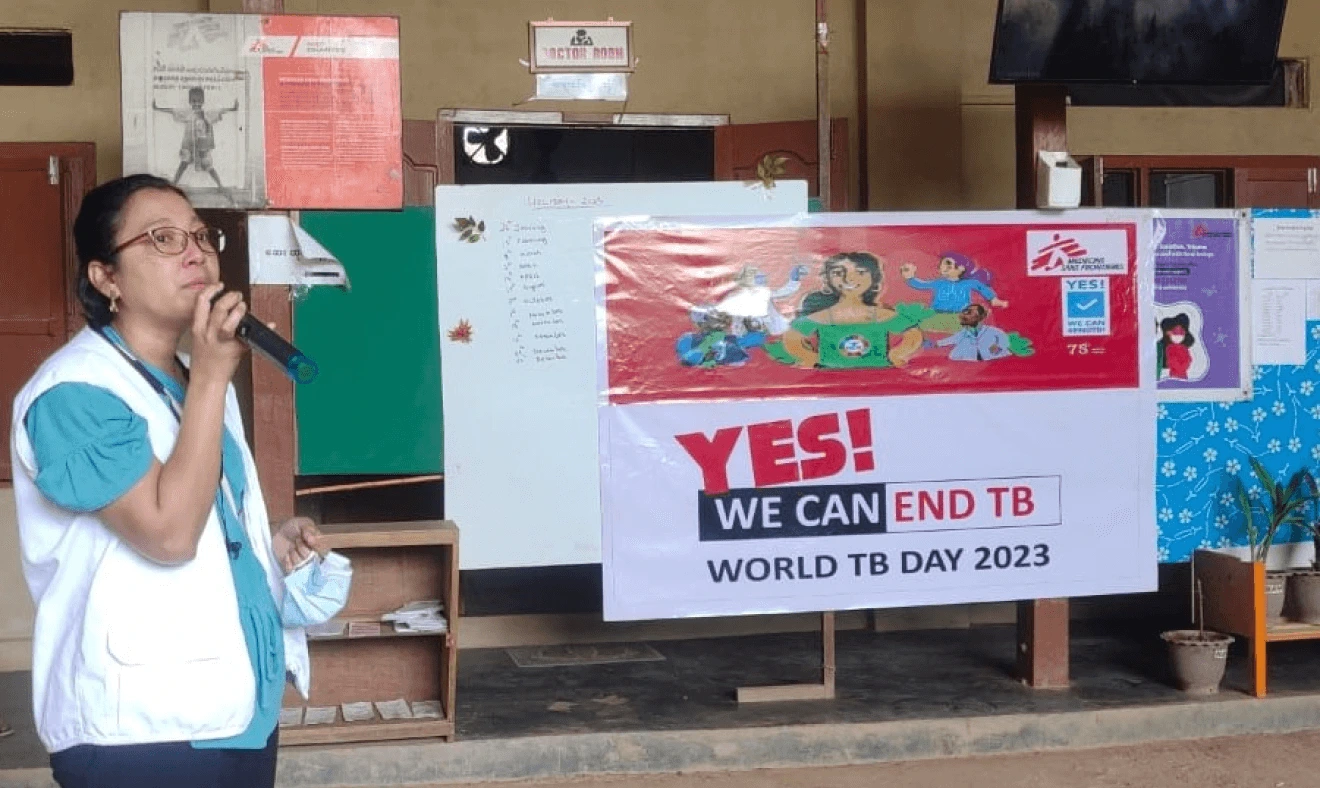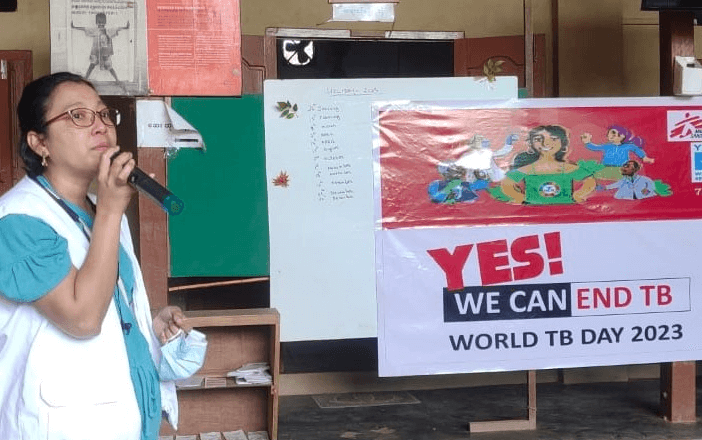Worldwide, around one in four people will suffer from a mental health problem during their lifetime, yet roughly 60% will not seek help. These figures dramatically increase when factors such as violence, persecution, the need to flee, disasters or a lack of access to healthcare are involved.
For this reason, in 1998 MSF formally recognised the need to provide mental health and psychosocial care as part of our emergency work. Our teams can provide mental health and psychosocial support through group sessions or individual consultations. MSF’s mental health care aims primarily to reduce people’s symptoms and improve their ability to manage a difficult time so they can get on with their lives.
Figures about mental health and our response
Data and information from MSF and other iNGOs
~1B
people worldwide have a mental health disorder
~20%
of people living in humanitarian emergency experience mental health problems
425K+
individual mental health consultations by MSF in 2022





